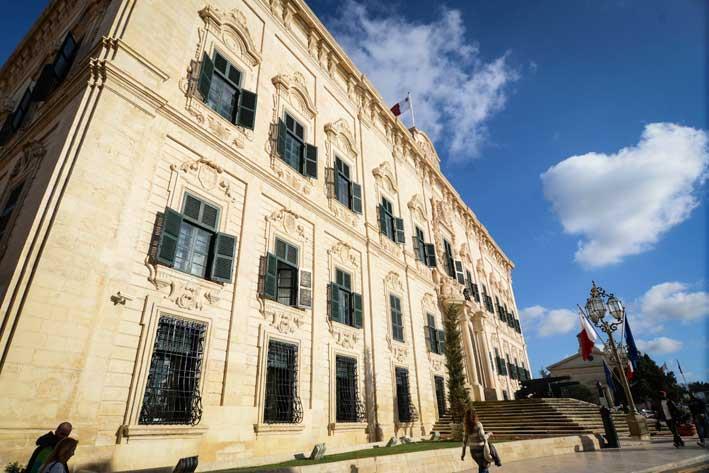Malta’s tax imputation has again come under fire, after a project undertaken by the network of European Investigative Collaborations (EIC) exposed how the system allows for companies to pay the lowest levels of tax on profits in the EU.
This is not news, and Malta has repeatedly come under fire for its system, which allows companies to effectively pay close to five per cent corporate taxation on profits through a 6/7 rebate.
The idea behind the system is to attract companies to register in Malta, and thereby attract millions in tax revenue on company profits to the island that would otherwise go to the country where those companies are earning their profits.
It is understood that the criterion to qualify for the 6/7 tax rebate is that a company or subsidiary registered on the island does not carry out its main activities locally, or whose shareholders do not reside in Malta.
The system has been in place for several years, has the full backing of both the Nationalist Party (PN) and the Labour Party (PL), and was fully vetted by the European Union before Malta became a member.

Successive governments and experts in the field of consistently defended Malta’s position on the basis that there are no special tax rulings for any particular company, that everything is carried out in a transparent way and that the money being attracted to Malta does not come from illicit or illegal sources. It has also been stressed that Malta does not meet the definition of a tax haven by law.
The story reported by the EIC network, however, does zone in on a Russian billionaire, Oleg Boyko, who owns, among other things, a pay-day loan empire called 4Finance. Pay-day loan companies allow an individual who is in desperate need for an injection of money to cash in on a loan with exorbitant interest rates. So, a quick loan of €100 could balloon into double the figure in just two months.
People who usually opt for a pay-day loan are low income individuals in desperate need to pay a hospital bill or their mortgage. While other member states have been slowly flagging abuses of such pay-day loan companies, as is the case with many of 4Finance subsidiaries across the EU, Malta is cashing in on the tax revenue on profits.
While what has just been described is perfectly legal, many have commented that it is unjust.

Why does Malta offer this tax imputation system?
Malta is in an awkward position in this battle. Being a small economy with limited resources, policy makers have consistently argued that they had to play on the islands’ strengths so that many service-based industries could begin to flourish. Preferential tax rates and other financial incentives have been provided to cross-border corporations and extremely wealthy individuals for years
As a result, these multi-billion dollar companies open luxurious offices in Malta and channel profits to the island, paying a fraction of the taxes of what they would — some argue should — be paying elsewhere. This represents a large sum of tax revenue for the Maltese government.
Policy makers have consistently said that in view of Malta’s relatively small workforce, limited natural resources and isolation from mainland Europe, the island had to come up with systems in order to attract service-based industry, thereby attracting wealth and generating jobs.
It has also been argued that as long as preferential tax rates are uniform across the board, meaning one corporation cannot broker a higher tax rebate than another through secret sweetheart deals, and as long as the funds coming into the island come from legal, clean and legitimate sources, then it will continue to defend its system.
Policy makers have also argued that Malta should not bend to the will of other countries who are attempting to cling to as much tax revenue from company profits as they can, in view of the legitimate source of funds.
Others outside of Malta argue that companies should be paying taxes where they are earning their profits.

Finance Minister Edward Scicluna, back in 2016 while defending Malta’s tax rebate system from tax justice campaigners and MEPs, had cautioned against mixing together tax and morality.
In comments to the media, he had said that “it took months, if not years, of investigation by the EU which declared that our tax regime is acceptable and is not in breach of EU rules. We do not accept tax evasion: in our case, Malta offers advantageous tax rates allowing it to compete with other countries. Even the United Kingdom is planning to reduce its 25% rate to 17% by 2020.”
After it had transpired that Luxembourg (known as the LuxLeaks scandal) had been offering sweetheart tax agreements with specific corporations in secret, the EU began to set in motion a system that would ensure corporations would be paying taxes where they are earning their profits, which would be the end of some €200 million in tax revenue on company profits, as has been reported.